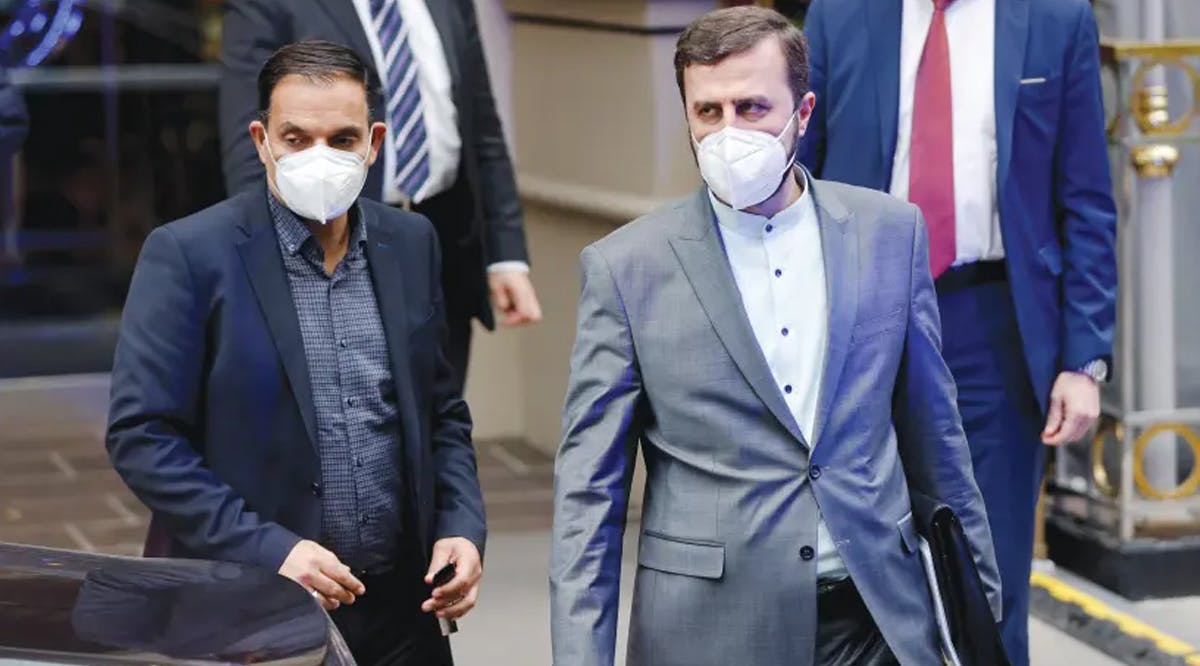
Iran Nuclear Talks Moving ‘Too Slowly to Reach a Result’
Nuclear talks with Iran are moving too slowly for an agreement, French Foreign Minister Jean-Yves Le Drian said on Friday, January 14, as a source in Vienna said there were unresolved issues in every part of the negotiations.
“This negotiation advances way too slowly to be able to reach a conclusion and there will be nothing more to negotiate if it continues like this,” Le Drian stated, while saying the success of the talks is “vital.”
“We now have to conclude and come to a decision: Either the Iranians want to complete this, in which case we have the impression that there will be flexibility in the Americans’ stance,” Le Drian said, “or they don’t want to complete this, and in that case, we will be faced with a major proliferation crisis.”
A source close to the talks said that many issues in a range of areas remain unresolved in indirect talks between Iran and the United States on reviving the 2015 Iran nuclear deal that Donald Trump ended.
“In every single part of the [unfinished] paper [outlining a deal] there are issues that are still under consideration,” the source told reporters on Friday, adding that while negotiations are moving in the right direction, they “do not have all the time in the world.”
US Secretary of State Antony Blinken said on Thursday that “We’re very, very short on time” and there were only “a few weeks left to see if we can get back to mutual compliance” with the 2015 nuclear deal.
“Iran is getting closer and closer to the point where they could produce on very, very short order enough fissile material for a nuclear weapon,” Blinken warned on NPR. “And at the same time, they’re making advances that will become increasingly hard to reverse because they’re learning things; they’re doing new things as a result of having broken out of their constraints under the agreement.”
The Joint Comprehensive Plan of Action, as the 2015 Iran nuclear deal is known, restricted Iran’s uranium enrichment in exchange for the gradual lifting of sanctions. The restrictions expire at the end of 2030.
The US left the agreement in 2018, and Iran has enriched uranium far beyond the JCPOA’s limitations, to 60% – weapons-grade is 90% – and violated the agreement by developing uranium metal.
The Biden administration seeks to restore the JCPOA and has been negotiating in Vienna indirectly with the Islamic Republic – which refuses to have its delegation be in the same room as the Americans – on-and-off since April of 2021. The talks are currently in their eighth round, which began in late December.
Though Borrell agreed with Le Drian that the talks are moving too slowly, he remained optimistic that the JCPOA could be restored. (JPost / VFI News)
“Blessed are the peacemakers, for they shall be called sons of God.” - Matthew 5:9